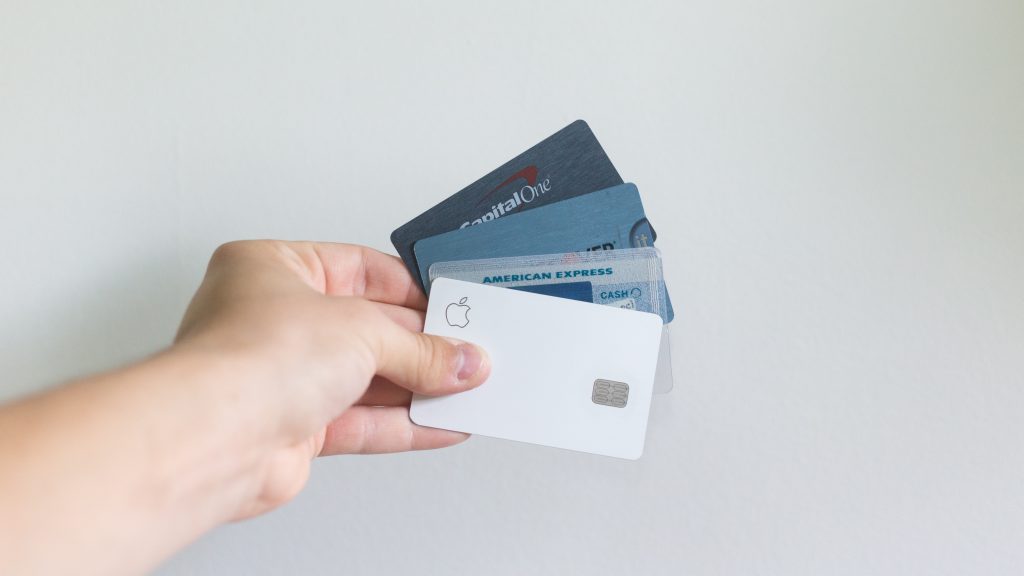Maintaining a strong Private Label Credit Card (PLCC) relationship is more challenging than ever. With bank margins under increasing pressure and retail partners navigating a rapidly changing environment, both sides face a complex landscape. Add in the fragile economy, which significantly impacts consumer purchasing habits, and the picture becomes even more complicated.
The Amazon and Interchange Buzz in the UK
Recently, discussions about Amazon and interchange fees have made waves, particularly in the UK. The previous rumors of a potential Chase and Amazon breakup had many concerned, especially loyal users like myself. In fact, my Chase Amazon Visa paid back $686.71 in rewards last year alone, making it a favorite for rewards enthusiasts. Private label credit cards like Amazon’s, which are often co-branded with issuers like Chase, offer general-purpose use and enticing loyalty points that encourage customers to shop more frequently.
Recent Developments in the Embedded Payments Space
Several noteworthy shifts have taken place within the embedded payments and PLCC space. Walgreens has entered the embedded payments arena through its partnership with Synchrony Bank, which highlights the ongoing evolution of payment solutions across various sectors. Synchrony Bank is also a key player when it comes to label credit cards, providing flexible payment options for specific retailers.
Meanwhile, Alliance Data has been reshaping its business, bringing in an experienced executive from Citi to lead the charge. Citi, in turn, has expanded its offerings with the Exxon Mobile Smart Card+, a store-branded credit card that’s seeing increased use as fuel prices surge. American Express, a giant in the rewards game, has strengthened its decades-long relationship with Delta Airlines by adding even more benefits for cardholders. Similarly, Barclaycard has replaced Synchrony with the Gap PLCC, while introducing a new branded card for Gap customers.
Capital One’s Dominance in the Private Label Card Business
Capital One, another significant player in the private label card market, continues to make strategic moves. After winning the Walmart business from Synchrony, Capital One solidified its position with the top U.S. retailer. More recently, Capital One extended its partnership with Kohl’s, adding new features to the Kohl’s private label credit card and offering additional customer loyalty benefits.
Personally, I hadn’t visited a Kohl’s store until they became an Amazon return point, but now every time I return an item, I receive a coupon I can’t resist using. Kohl’s reported 2021 revenue of $19.4 billion, up 21.8% over the previous year, demonstrating that consumers find value in their store-branded credit card offerings. Their store card’s benefits, including loyalty points and discounts, drive customer loyalty and increase spend. In fact, Kohl’s rewards members spent twice as much as non-members last year, and cardholders spent six times more than non-cardholders, according to the company’s 2022 investor day.
The Importance of Private Label Credit Cards
Private label credit cards play a crucial role in enhancing customer loyalty and encouraging repeat purchases. Kohl’s, for example, frequently runs promotional events like “Kohl’s Cash,” allowing cardholders to earn extra rewards during key shopping periods. The added benefits of these cards, whether store-specific like Kohl’s or general-purpose like the Amazon Prime Store Card, incentivize customers to make more purchases, increasing both customer retention and overall sales.
A Promising Future for Capital One and Kohl’s
The timing of the Capital One and Kohl’s renewal deal is notable. As private equity firms show interest in Kohl’s, with Canada’s Hudson’s Bay being one of the main contenders, the future could bring additional opportunities for Capital One to grow in the Canadian market, where it has operated since 1996. Capital One already issues the Hudson’s Bay Mastercard, adding another layer to its private label credit card portfolio.
As competition in the private label credit card space heats up, retailers and issuers alike are working to offer more personalized, rewards-rich experiences to keep customers engaged. From Synchrony Bank’s partnerships with specific retailers to Capital One’s foothold in the private label credit card market, the battle for customer loyalty through private label credit cards is far from over.
